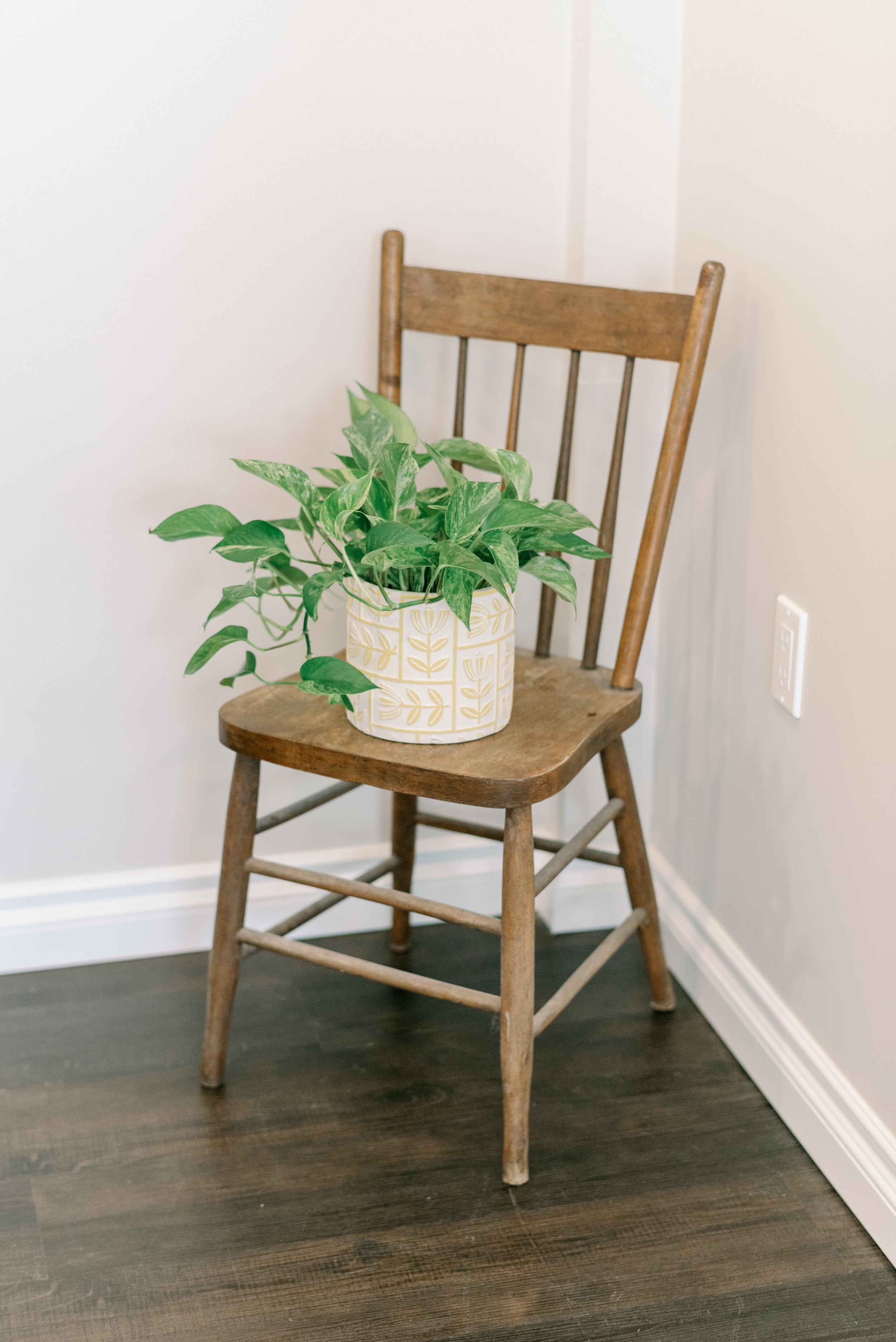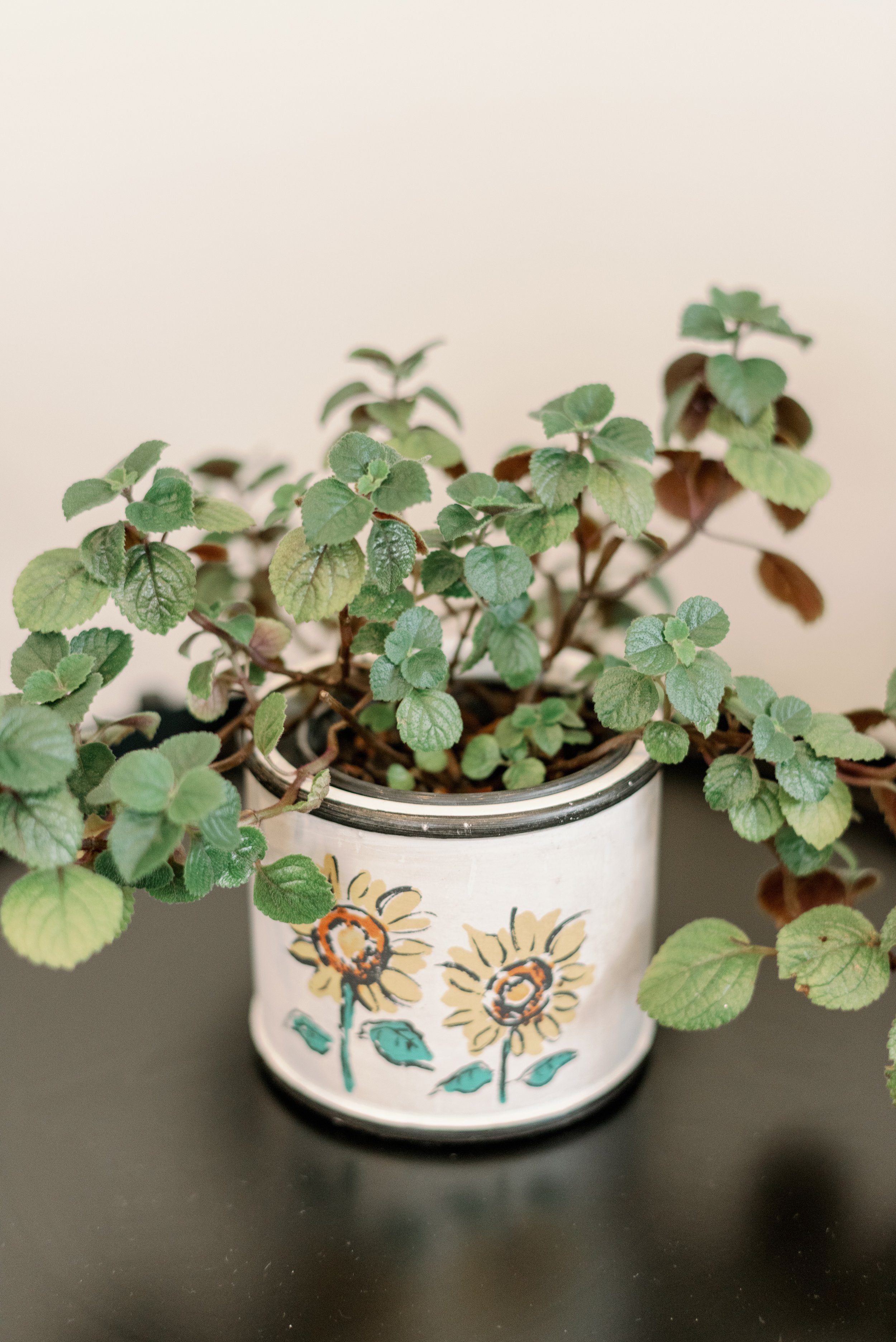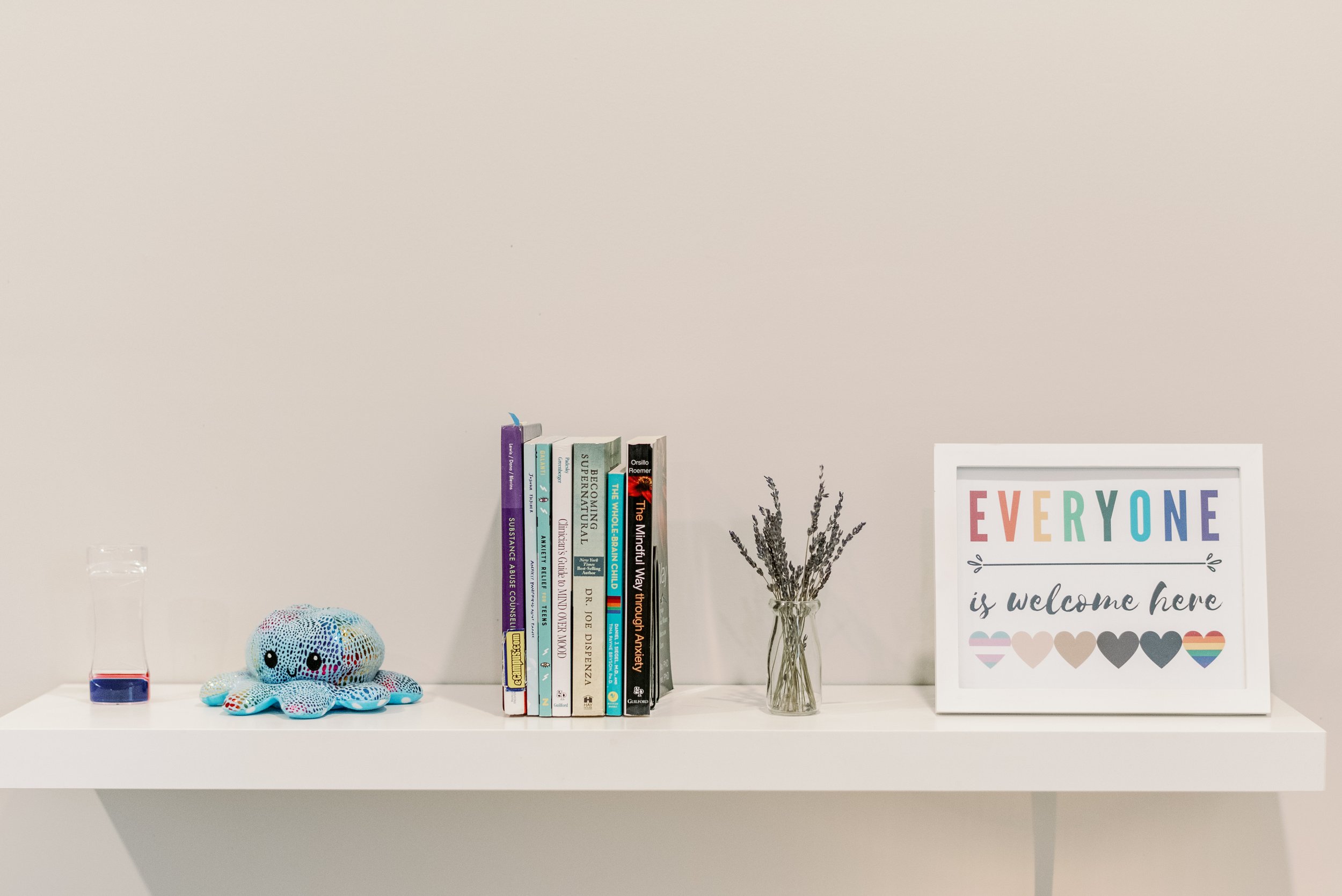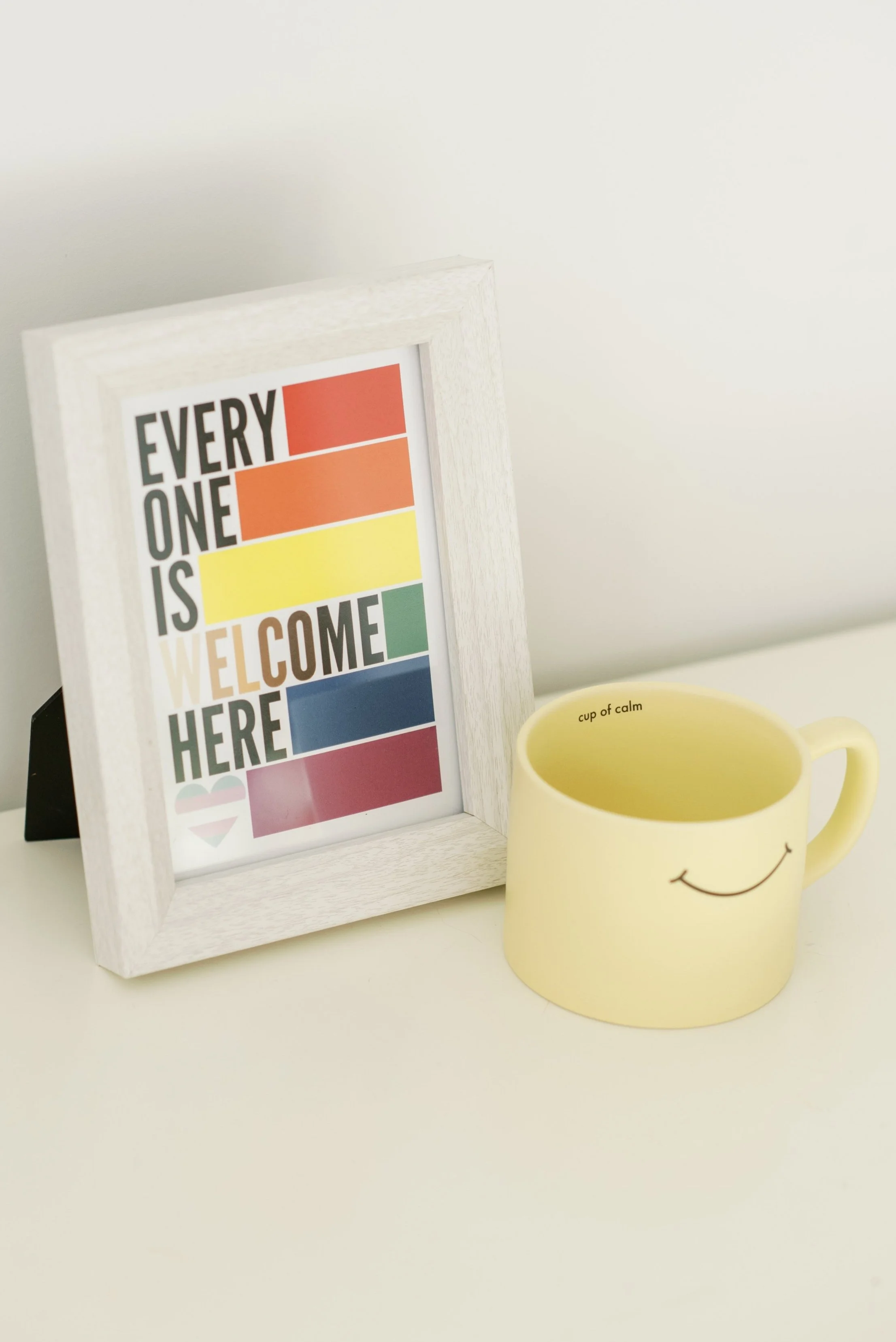
Psychotherapy and Counselling for Children, Youth and Families
Giving children and youth the skills of self-acceptance, resilience
and encouragement in healthy development.
Seeking the support you need can be easy
Child & youth therapists are trained professionals who are able to develop and implement supports, strategies and coping mechanisms to foster positive and healthy changes in your child.
Mental health in children & youth
Recognizing the signs and symptoms of childhood mental health is key to finding the right supports and resources. Therapy can help if your child is struggling with:
Anxiety
Stress
Depression
Anger
Outbursts and extreme irritability
Low self-esteem and confidence
Issues forming relationships
Self destructive tendencies
Difficulty with coping skills
Withdrawing and/or isolation
Emotional regulation

What we offer
Child & Youth Therapy
The goal of Child & Youth Therapy isn’t to ‘fix’ them, but rather support and assist them in a multitude of things such as adjusting to change, coping with traumatic experiences, learning to identify and regulate emotions and situations at home and at school. Reconciling relationships with parents and/or extended family.
There are many ways in which the therapist will build connection and trust with your child which include using modalities and approaches like Trauma Informed, Relational & Attachment Based, Play Therapy, Expressive and Creative Arts, Sand Play, Bibliotherapy, and Narrative Therapy.
Family Therapy
Family Therapy strives to help all members of the family to better understand themselves and each other, as well as teach skills on conflict resolution and improve communication.
A wide range of topics can be addressed in counselling such as feelings of disconnect, recurring conflict, behavioural issues, family dysfunction and more.
Sessions are with a registered professional who holds space for each person equally in a safe environment. Attachment-based therapy focuses on the connection between a person's early life attachment experiences, and their ability to develop and form healthy emotional and physical relationships as an adult.
How Therapy Can Support Your Child
-
☉ Teaching them coping skills
-
☉ Learning to set healthy boundaries
-
☉ Emotional regulation
-
☉ Decrease in anxiety
-
☉ Self-acceptance
-
☉ Increased confidence and self-esteem
-
☉Improve family dynamics
-
☉Building awareness of thoughts and feelings
-
☉Improved communication
-
☉ Learning social skills
-
☉Learning Self-advocacy
-
☉Teaches them how to identify and deal with emotions

Evidence-based practices
Play Therapy
This therapy utilizes play and natural communication skills to give the child a safe space to express their thoughts, feelings and experiences. Therapeutic play can help teach skills like self-expression, self-knowledge, self confidence and stimulates creative thinking.
Creative Arts Therapy
Creative art therapy helps to establish healthy ways to cope and learn self-expression by using creative outlets like art, music and play. The process of the art is more important than the final product and is meant to address and support things like emotional, developmental, mental, and behavioural disorders. The goal of art therapy is to support the healing process and improve physical, mental and emotional well-being.
Attachment Based Therapy
Attachment-based therapy focuses on the connection between an person’s early life attachment experiences, and their ability to develop normally and ultimately form healthy emotional and physical relationships as an adult. Attachment-based therapy works to create a trusting, supportive relationship that will help prevent mental illness and help support diagnoses like anxiety and depression.
Trauma Informed Therapy
This approach to therapy emphasizes the understanding and supporting of childhood trauma that impacts a child’s mental, behavioural, emotion, and physical well-being. Trauma informed therapy aims to establish as well as put into practice skills and strategies in coping with emotions or memories tied to their trauma.

FAQ’s About child & youth therapy
-
Child & Youth Mental Health Crisis is a service run by Simcoe Muskoka Family Connexions is available to children and youth at risk of harming themselves or others, or if their emotions and behaviors seem extreme and out of control. Service is available 24/7 by calling 1-844-287-9072.
-
Explain therapy in an age appropriate language - Tailor your language to fit your child’s maturity and age will give them a better understanding of what therapy is.
Be open & honest about the reason for therapy - It is important to be honest about why they are going to therapy. Explain that you feel it will be beneficial and supportive is a great addition and can reassure your child.
Normalize therapy and seeking support - It can be helpful to explain that mental health professionals are like doctors for your feelings and mental wellness. By doing so, this decreases the embarrassment and reluctance.
Let them know what to expect - Therapy can be scary if you have no idea what you’re walking into. However, if we explain what therapy is then it won't seem so scary when it happens. Child and youth therapy consists of talking and some sort of play or creative arts like painting or sand play.

Your journey begins here.
Book a complimentary 15-minute consultation today.

